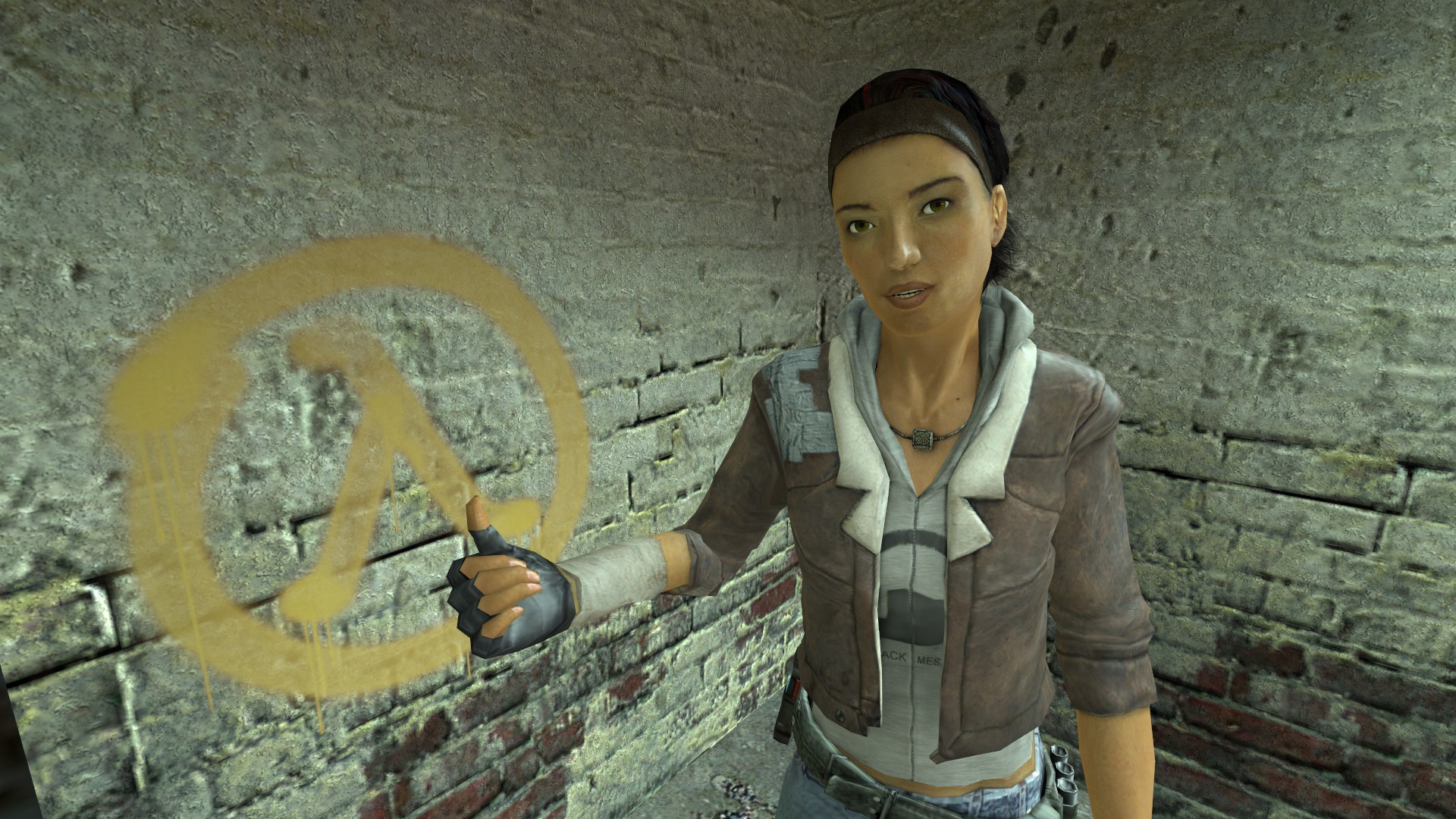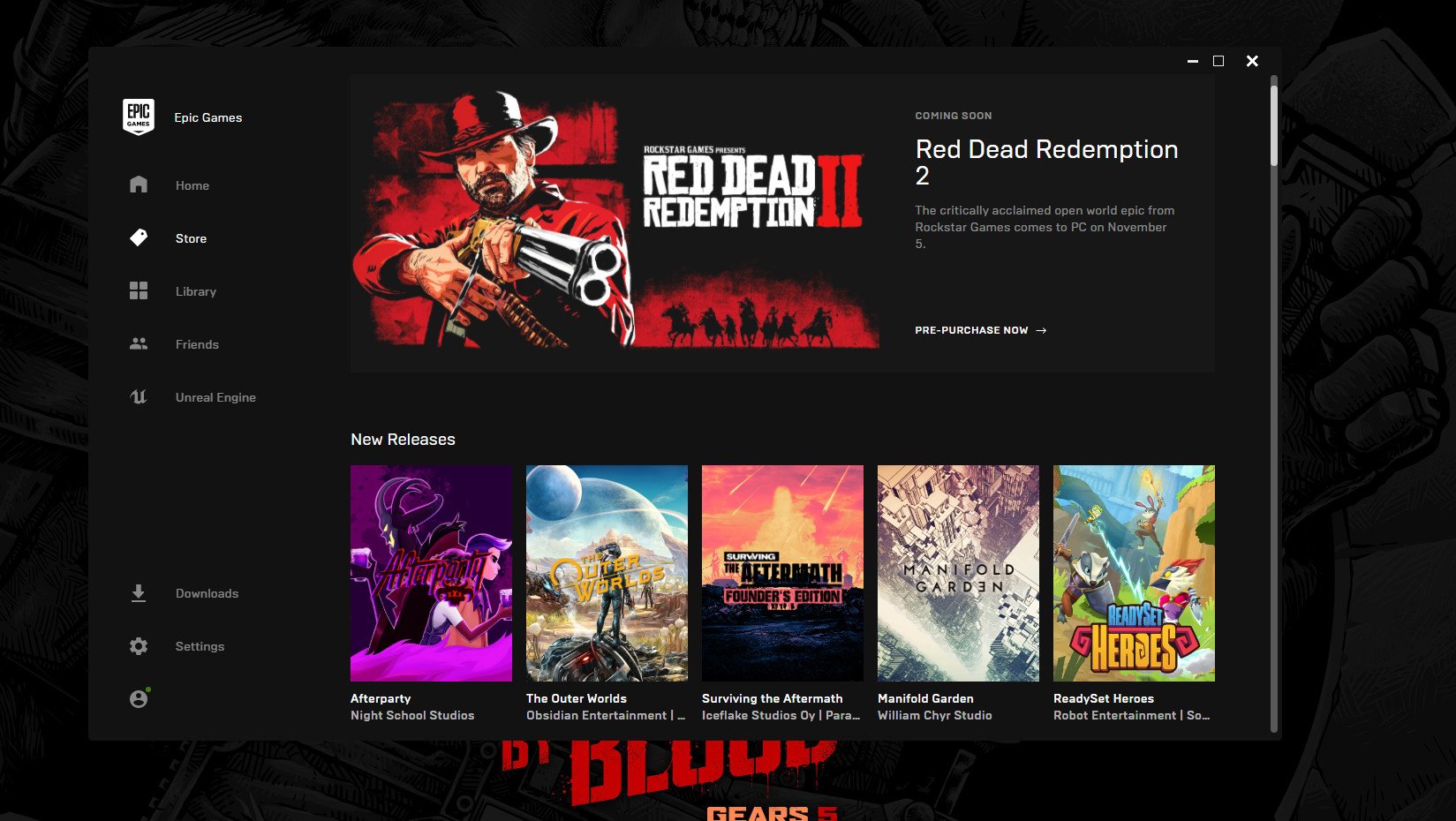NPC Online Contest A New Frontier in Gaming
NPC Online Contests are rapidly emerging as a captivating new form of online competition, blending the immersive worlds of video games with the thrill of head-to-head challenges. These contests, unlike traditional esports focused on player-versus-player (PvP) combat, center around unique interactions and challenges involving non-player characters (NPCs). This innovative approach opens up a wide range of possibilities, from intricate puzzle-solving competitions to collaborative storytelling events within virtual environments.
The design and execution of an NPC online contest require careful consideration of several key factors. From the selection of an appropriate game genre and the creation of engaging challenges to the implementation of a robust scoring system and the fostering of a positive online community, success hinges on a multifaceted approach. This exploration delves into the various aspects of creating and running a successful NPC online contest, examining the technical, logistical, and social dynamics involved.
Do not overlook explore the latest data about youtube lady luck.
NPC Online Contests: A Comprehensive Overview
NPC online contests represent a burgeoning area within online gaming and community engagement. These competitions, focused on non-player character (NPC) interaction and manipulation, offer unique challenges and rewards compared to traditional online gaming competitions. This article delves into the multifaceted nature of NPC online contests, exploring their definition, types, participant engagement, technical aspects, community dynamics, visual representation, and reward structures.
Defining “NPC Online Contest”
NPC online contests are competitive events where participants interact with and manipulate non-player characters within a virtual environment, aiming to achieve specific objectives. Unlike player-versus-player (PvP) or player-versus-environment (PvE) competitions, the primary focus lies on strategic interaction with pre-programmed or AI-controlled characters. Examples range from optimizing NPC behavior in a simulation to creating compelling narratives through NPC interactions in a role-playing game.
Typical characteristics include defined rules, specified objectives, a scoring system, and various prize categories. Participant roles may include strategists, programmers, storytellers, or even artists, depending on the contest format.
Types of NPC Online Contests
NPC online contests can be categorized based on the game genre. MMORPG contests might focus on optimizing NPC companions for combat effectiveness, while strategy game contests might involve programming AI for resource management. Simulation games could feature contests centered on creating the most realistic or efficient NPC behavior. The mechanics and objectives vary significantly. MMORPG contests may emphasize combat prowess and resource gathering, whereas strategy game contests may prioritize long-term planning and resource optimization.
Creative variations include contests focused on NPC character design, storytelling, or even modding existing NPC behaviors.
Participant Engagement and Experience
Maximizing participant engagement requires careful consideration of several factors. Clear instructions, achievable goals, and regular feedback are crucial. A well-designed user interface, responsive support systems, and a vibrant community foster a positive experience. Successful contests often incorporate elements of gamification, leaderboards, and community challenges. Conversely, poorly designed contests may suffer from confusing rules, technical glitches, or a lack of community support, leading to low participation and negative feedback.
For instance, a contest with overly complex rules or an unresponsive technical support team might lead to participant frustration and disengagement.
Technical Aspects of NPC Online Contests
A basic framework for a simple NPC online contest requires a game engine (e.g., Unity, Unreal Engine), a backend system for data management and scoring, and a user interface for participants to interact with the game and view results. Challenges include ensuring scalability to accommodate a large number of participants, maintaining security to prevent cheating, and designing a robust scoring system that accurately reflects participant performance.
A well-defined API is crucial for smooth data exchange between the game client and server.
| Step | Action | Technology | Notes |
|---|---|---|---|
| 1 | Define scoring criteria (e.g., points for completing tasks, penalties for errors). | Database (e.g., MySQL, PostgreSQL) | Criteria should be clearly defined and easily measurable. |
| 2 | Develop algorithms to calculate scores based on the defined criteria. | Programming language (e.g., Python, C#) | Algorithms should be efficient and accurate. |
| 3 | Implement the scoring system within the game engine. | Game engine scripting language (e.g., C#, Lua) | Ensure seamless integration with the game’s mechanics. |
| 4 | Test and refine the scoring system to ensure accuracy and fairness. | Testing framework (e.g., NUnit, JUnit) | Thorough testing is essential to identify and fix bugs. |
Community and Social Dynamics, Npc online contest
Community building is paramount for a successful NPC online contest. Active moderation, forums, or dedicated communication channels facilitate interaction among participants. Establishing clear community guidelines promotes positive interactions and discourages negative behaviors. Regular updates, contests, and feedback mechanisms encourage participation and maintain community engagement. Strategies for managing conflicts might involve implementing reporting systems, mediation tools, and clear consequences for rule violations.
Visual Representation of an NPC Online Contest

A hypothetical NPC online contest could feature a clean and intuitive user interface, providing clear instructions, real-time feedback, and leaderboards. In-game, the visual representation of the NPCs could be customized based on participant actions. A contest character might be a customizable avatar, allowing players to design unique visual elements.
For example, an NPC character designed for a contest might be a medieval knight with customizable armor, weapons, and a unique emblem. The armor could range from simple leather to ornate plate, reflecting the player’s progress. The weapons could be swords, axes, or bows, each with unique visual properties. The emblem could be a personalized crest, allowing players to express their creativity.
- User Interface (High Priority): Clear instructions, real-time feedback, leaderboards, and progress indicators.
- NPC Visuals (High Priority): Customizable appearance, reflecting participant actions and choices.
- Game Environment (Medium Priority): Immersive and engaging environment relevant to the contest theme.
- Visual Effects (Low Priority): Enhancements to the visual experience, such as animations and particle effects.
Prizes and Rewards

Prizes and rewards can range from in-game items and currency to physical prizes like merchandise or cash. Tiered reward systems, based on performance or participation, motivate contestants. A well-designed reward structure balances competitiveness with inclusivity. For instance, a tiered system could award top performers with significant prizes, while offering smaller rewards for participation or achieving specific milestones.
A sample tiered reward system might include:
- Bronze Tier: Participation prize (in-game currency or cosmetic item).
- Silver Tier: Achievement of a specific milestone (e.g., completing a certain number of tasks) – larger in-game reward.
- Gold Tier: Top 10% of participants – significant in-game reward and a physical prize (e.g., a t-shirt).
The rise of NPC online contests signifies a significant shift in the landscape of online gaming competitions. By moving beyond traditional player-versus-player dynamics, these contests unlock creative avenues for engagement and competition. The success of such events hinges on a balanced approach: creating compelling challenges, fostering a supportive community, and implementing a fair and transparent scoring system. As technology advances and the gaming community evolves, the potential for innovation within the realm of NPC online contests remains vast and exciting.





